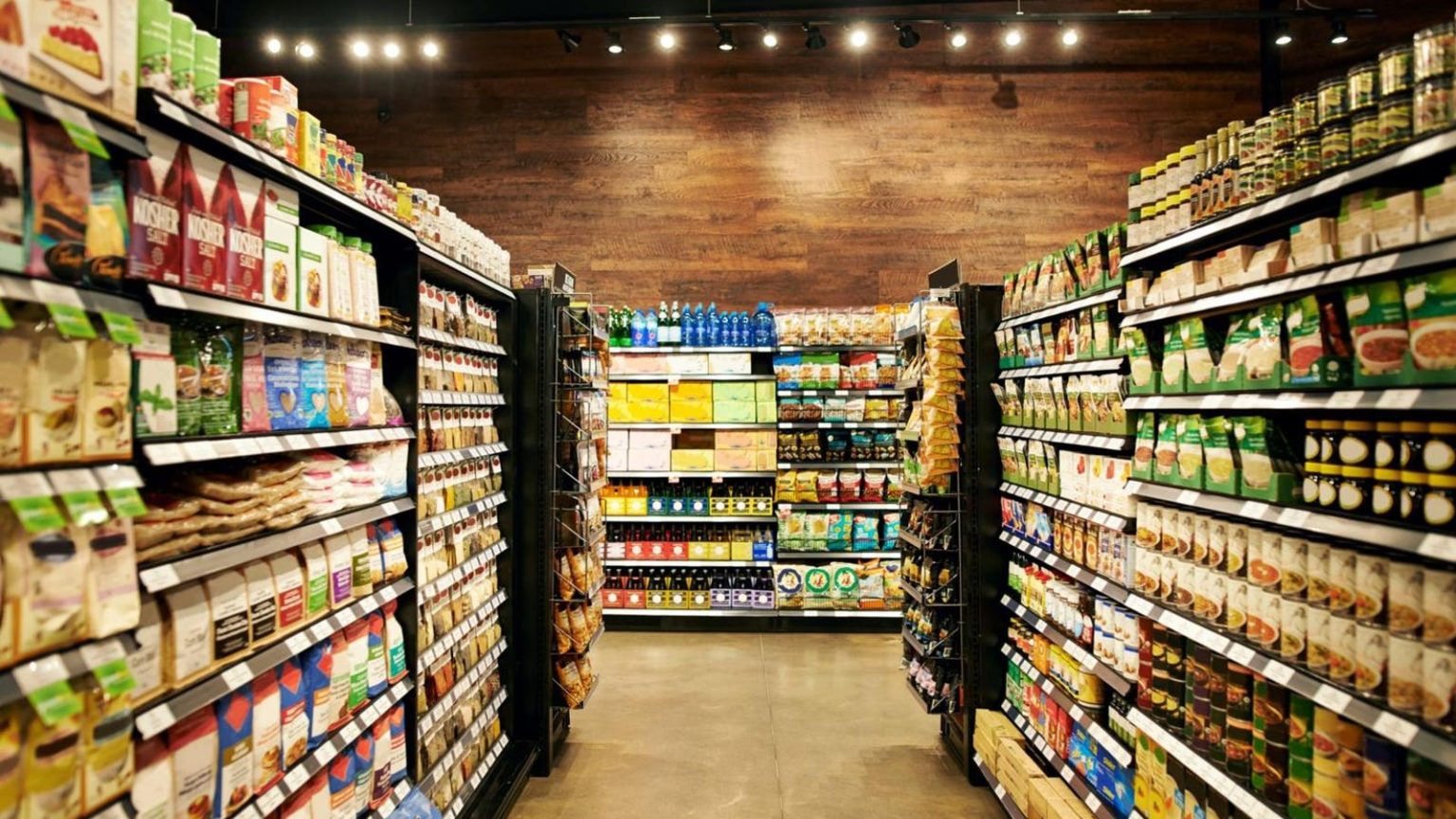The U.N. Climate Change Conference (COP) dedicated an entire day to food and agriculture — a first in the 28-year history of the event, which brings together decision-makers from 200 national governments to discuss how to address the climate crisis, hosted in the United Arab Emirates (UAE) this year.
“We will make sure that COP28 will be a game-changer for food systems,” says UAE Minister for Climate and the Environment Mariam Almheiri earlier this year.
More than 130 countries have signed on to COP28 Declaration on Resilient Food Systems, Sustainable Agriculture, and Climate Action. The first of its kind, the Declaration signals that global leaders are looking to adapt and transform food systems.
We need these commitments at the national level. But we also need bold, urgent action from the private sector.
In partnership with other food systems stakeholders, food companies and retailers can leverage their resources, innovation, expertise, and capital to find ways to provide support and resources to farmers, lift the standard of sustainable practices, and improve diets and food access for consumers.
And already, private sector leaders are demonstrating their potential for impact.
This year, Hilton achieved a 61-percent reduction in food waste across three major hotels in the Middle East during Ramadan festivities, in partnership with food technology company Winnow and the U.N. Environment Programme West Asia. And last year, DoorDash announced a partnership with 18 mayors across the U.S. to help reduce food insecurity by supporting local food banks, food pantries, and other community organizations.
Many companies, including Aleph Farms in Israel and Sipsmith in the United Kingdom, have set goals to become carbon neutral by 2030. This year, Patagonia Provisions launched a new brewery partnership program to produce beer made from the climate-friendly perennial grain, kernza. And Numi Organic Tea recently adopted fully compostable, plant-based tea wrappers to eliminate plastic waste.
Small and medium-sized enterprises (SMEs) globally are pioneering new technologies, developing blueprints for best practices, and producing outsized, positive impact on people and the planet.
But often, SMEs are left out of important conversations like the COP.
Last month, Food Tank and Oatly convened a closed-door event to give voice to the small and medium-sized, mission-driven food companies that are contributing toward food system transformation. While we covered the massive challenges the food and agriculture sectors must overcome, we also learned about real, impactful opportunities. What’s already working on the ground, and what can be scaled up and out?
I want to share a few important takeaways with you here.
First, power and leadership in the food system must be shared more equitably.
Homogenization in the food system has resulted in deep inequities and serves as a major barrier to change. This homogenization is not only in crop types, but in ideas, leadership, and the flow of capital.
Less than 3 percent of total Venture Capital U.S. dollars spent globally go to women, while black and brown founders receive less than 1 percent. Right now, there is a unique opportunity for those working on food systems to find ways to bring more diversity to every table, whether it is through the ingredients sourced, the leaders appointed, or the projects funded.
Second, we need more participatory models of food systems transformation.
Companies must take a farmer-led approach to ensure production and sourcing solutions are effective and equitable. This means committing to research and development alongside farmers — partnerships that have proven beneficial for both farmers and companies.
My colleagues recommended collaborating with local farmer groups and co-ops to ensure that production and sourcing decisions are made locally. This means identifying the changes farmer partners would make if given the resources and investing support there. Paying farmers a premium can support crop diversification and a transition to more sustainable production practices.
Third, we must develop sustainable packaging options at scale.
The plastic industry accounts for 3.4 percent of the world’s total greenhouse gas emissions, which is more than the global aviation sector. Ninety percent of these emissions occur in the production phase, meaning that solutions should look not just at recycling but the entire lifecycle of plastic.
Already, exciting innovations are using natural materials — such as processing residues, algae, and mycelium — to produce plastic alternatives. Streamlining these more sustainable materials could allow companies to develop creative solutions that meet their individual needs.
But these innovations—and all private sector action—must be met with equal action by local and national governments.
Policies and standards can help solve the plastic pollution challenge supporting the scaling of existing materials and the development of new innovations. Public procurement policies and dietary guidelines can make it easier for eaters to make sustainable, healthy, and delicious food choices. And dedicating funds to infrastructure and research can help farmers, food processors, and food companies move toward regenerative agriculture practices.
Finally, the private sector must view sustainable outcomes as a spectrum, rather than binary.
Too often, well-intentioned leaders let perfect be the enemy of progress. Because the supply chain can be complex and overwhelming for sustainability leaders, who often lack sufficient resources, they cannot wait until a robust, comprehensive strategy is in place. Find ways to make incremental improvements year over year.
There is no silver bullet that will drive food systems transformation. But there are steps that companies can take to ensure that they are contributing to change in a meaningful and impactful way.
We need to give voice to more mission-driven leaders and innovators who are driving real change, in addition to voting with our dollars and voting with our votes. Together, we can build a more sustainable, just, and equitable future of food.
Read the full article here





